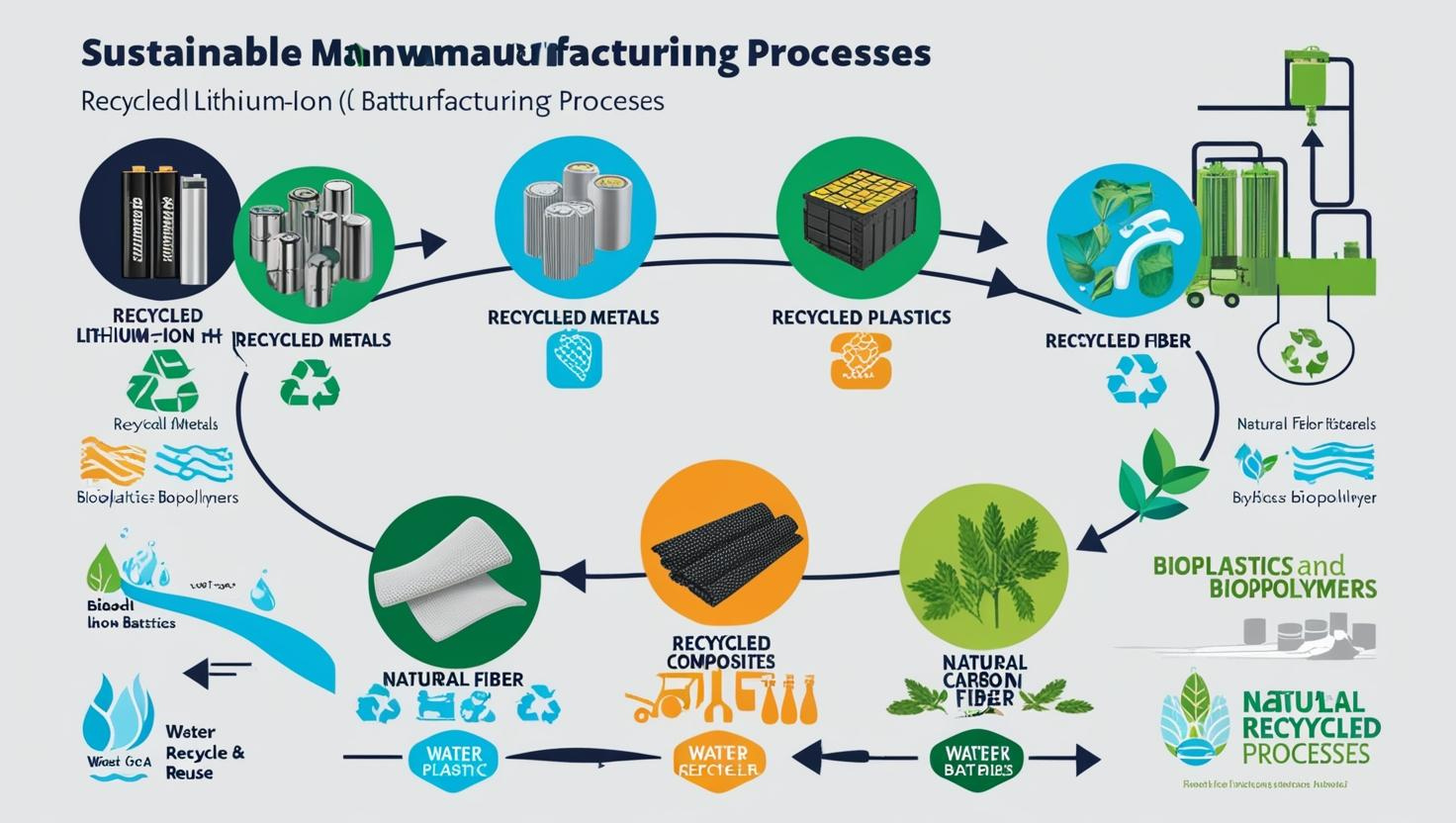The global Sustainable manufacturing market was valued at USD 215.4 billion in 2024 and is estimated to reach USD 367.2 billion by 2029, registering a CAGR of 11.3 % during the forecast period. Various factors, such as the use of recycled materials, energy-efficient processes, and biobased materials, drive the sustainable manufacturing market. Governments enact stricter environmental regulations to reduce waste and emissions, encouraging manufacturers to adopt sustainable practices. Cost savings from using recycled materials, optimizing energy use, and reducing waste improve profitability and competitiveness. Consumer demand for eco-friendly products and corporate social responsibility initiatives push companies to prioritize sustainability. Technological advancements enable more efficient recycling, energy-saving processes, and the development of biobased materials, further driving growth in this market. Additionally, industry collaborations and certifications promote best practices and standardization, accelerating the adoption of sustainable manufacturing.
Download PDF Brochure @ https://www.marketsandmarkets.com/pdfdownloadNew.asp?id=140349832

Based on the offering, green hydrogen is expected to grow at a significant CAGR in the sustainable manufacturing market from 2024 to 2029. The growth drivers of green hydrogen include the global push towards decarbonization, as countries strive to reduce carbon emissions in line with climate goals. Additionally, electrolyzer technology advances and declining renewable energy costs have made green hydrogen production more feasible and cost-effective. Governments worldwide support green hydrogen with policies and incentives to promote its adoption, particularly in hard-to-decarbonize sectors such as heavy industry and transportation. This confluence of environmental, technological, and policy factors is propelling the growth of green hydrogen as a sustainable energy carrier.
Based on the application of green hydrogen, mobility is expected to grow at a significant CAGR in the sustainable manufacturing market from 2024 to 2029. The mobility application in the green hydrogen market is expected to grow the fastest in sustainable manufacturing due to its alignment with decarbonization goals and the demand for cleaner transportation. Green hydrogen offers zero-emissions alternatives to conventional fossil fuels in vehicles, providing long-range capabilities and quick refueling for heavy-duty and long-haul applications. Government incentives and emissions targets are pushing the adoption of hydrogen-powered mobility, while investments in infrastructure are increasing accessibility. Technological advancements in fuel cell efficiency and hydrogen storage are reducing costs and making green hydrogen more competitive. Industry collaborations establish standards and best practices, drive further growth in this sector, and contribute to a more sustainable transportation industry.
Based on region, Asia Pacific held the largest share of the sustainable manufacturing market. The Asia-Pacific region is set to contribute a major market share in sustainable manufacturing due to its large industrial base, robust economic growth, and strong government support for green initiatives. Countries like China, Japan, and South Korea invest heavily in renewable energy and green technologies, such as solar and wind power, to support sustainable manufacturing. Additionally, nations like India and Australia have established ambitious targets for reducing carbon emissions and promoting energy efficiency in manufacturing. The region’s thriving tech sector and innovative recycling and waste management approaches, such as Japan’s advanced recycling methods and Singapore’s sustainable manufacturing center, further drive sustainability efforts. Additionally, regional initiatives promoting circular economy principles encourage using recycled materials in manufacturing. As consumer demand for eco-friendly products increases and businesses strive to comply with strict environmental regulations, the Asia-Pacific region is well-positioned to lead the market in integrating recycled materials for sustainable manufacturing Moreover, consumer demand for eco-friendly products and international supply chain pressures encourage companies in the region to adopt sustainable practices, making the Asia-Pacific a leader in sustainable manufacturing.
The sustainable manufacturing market includes significant Tier I and II players such as Veolia, Umicore, Braskem, Cirba Solutions, and NatureWorks, among others are some of the key players in the sustainable manufacturing market.
These companies have reliable manufacturing facilities and strong distribution networks across key regions, such as North America, Europe, and Asia Pacific. These companies have built a strong reputation for their products and services, with a well-established portfolio reflecting their industry expertise. Their market presence is robust, backed by strong business strategies that have enabled them to maintain a significant market share.
